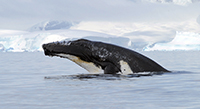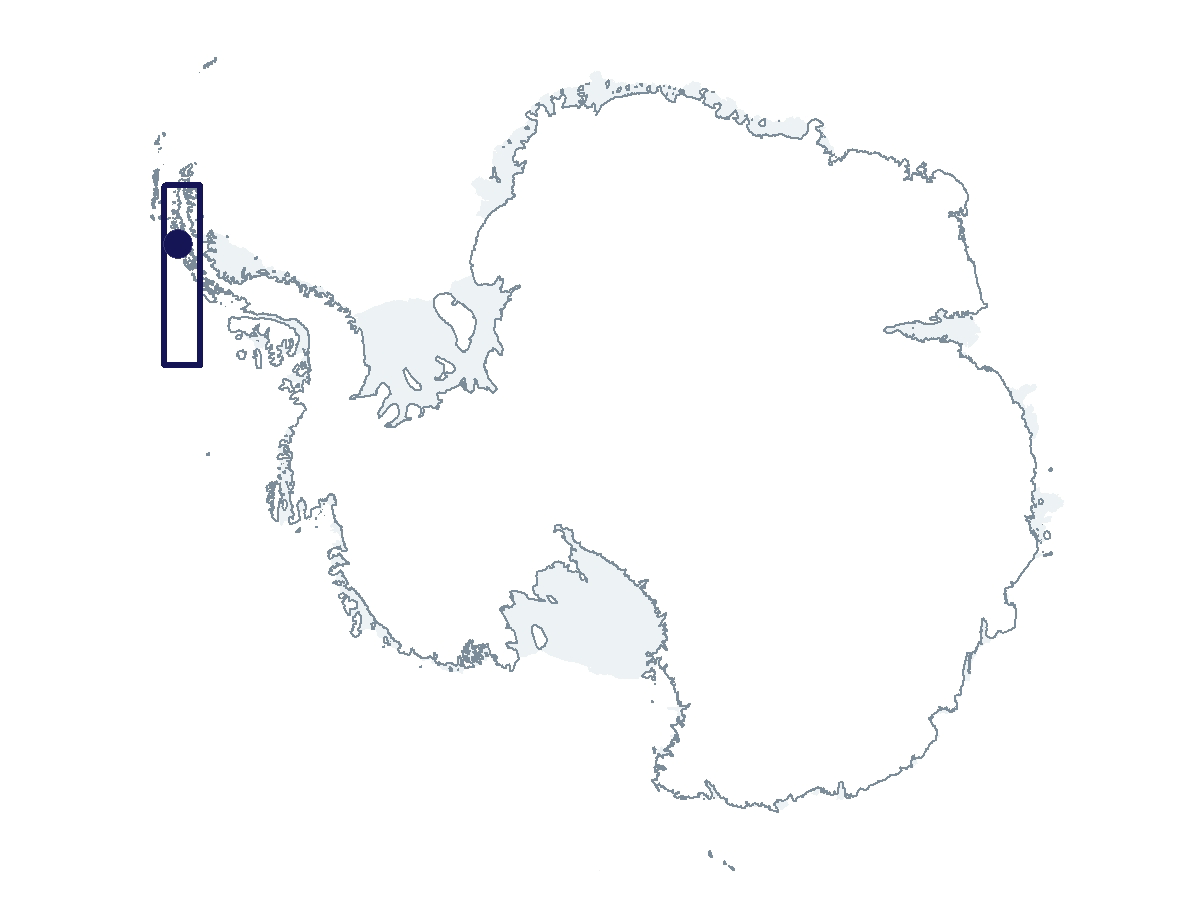2023-2024 USAP Field Season
Project Detail Project TitlePAL-LTER: Ecological Response to "Press-Pulse" Disturbances Along a Rapidly Changing West Antarctic Peninsula Summary
Event Number:
Program Director:
ASC POC/Implementer: Principal Investigator(s)
Dr. Ari Seth Friedlaender
Location
Supporting Stations: ARSV Laurence M. Gould, Palmer Station DescriptionSeasonal sea ice-influenced marine ecosystems at both poles are regions of high productivity concentrated in space and time by local, regional, and remote physical forcing. These polar ecosystems are among the most rapidly changing on Earth. Palmer Long Term Ecological Research (PAL-LTER) seeks to build on three decades of long-term research along the western side of the Antarctic Peninsula (WAP) to gain new mechanistic and predictive understanding of ecosystem changes in response to disturbances spanning long-term, decadal, and higher-frequency “pulse” changes driven by a range of processes, including natural climate variability, long-term climate warming, resiliency/recovery in the face of press versus pulse forcing, transformed spatial landscapes, and food-web alterations. We will contribute to fundamental understanding of population and biogeochemical responses for a marine ecosystem experiencing profound change.
Field Season OverviewLaurence M. Gould Two participants of the C-024 project will embark on the ARSV Laurence M. Gould for the LMG24-01 cruise. The team will continue long-term data collection for cetacean research including visual surveys, biopsy sampling, photo-ID and Uncrewed Aerial Systems (UAS), and suction-cup/satellite tag deployments. Palmer Station Field operations at Palmer Station focus on multi-disciplinary research to study the behavior, ecology, distribution, and abundance of marine mammals. Two participants, shared with the Cimino group, will require a dedicated small boat for daily work around Palmer Station. They will conduct visual surveys and then deploy UAS to collect photogrammetric images of whales, collect biopsy samples using crossbows, and subsequently deploy suction cup tags to whales. Participants will be servicing/turning over two passive acoustic moorings. These will need to be recovered and turned over as soon as possible after station science opens and again as near to the close of summer field work as possible so as to maintain a complete and uninterrupted acoustic data stream.
Deploying Team Members
|
2023-2024 Science Planning Summary



For USAP Participants |
For The Public |
For Researchers and EducatorsContact UsNational Science FoundationOffice of Polar Programs Geosciences Directorate 2415 Eisenhower Avenue, Suite W7100 Alexandria, VA 22314 Sign up for the NSF Office of Polar Programs newsletter and events. Feedback Form |



